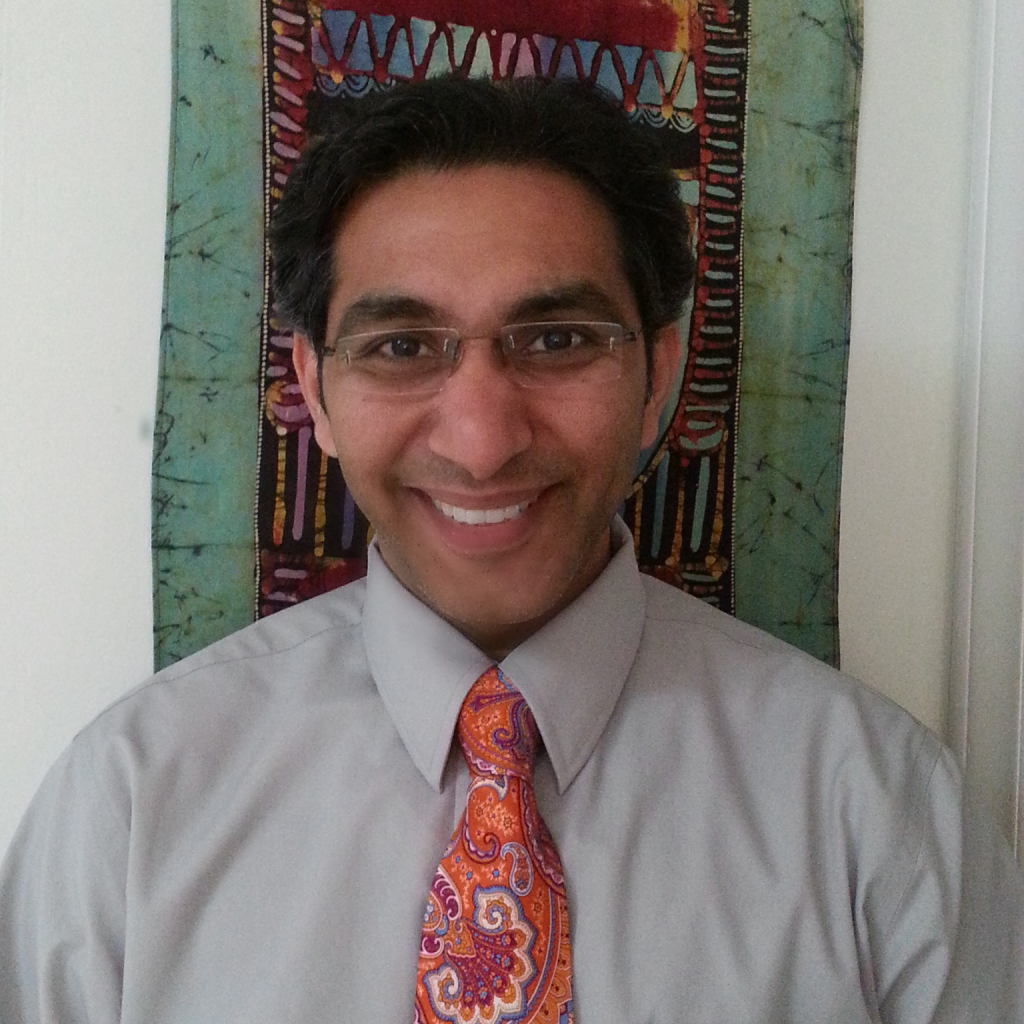UNC Center for Health Equity Research
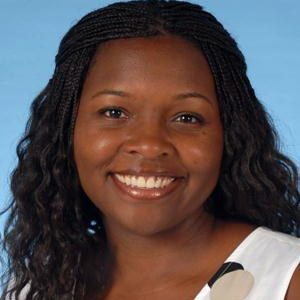
Crystal Wiley Cené, MD, MPH, Associate Professor and UNC CHER Associate
What does health equity mean to you?
To me, health equity simply means giving individuals what they need to lead healthy and full lives. Health equity implies that we understand individuals social resources and constraints and we tailor to their needs and preferences.
What path led you to pursue a career in health equity?
I witnessed many health inequities growing up in my own family and in my small, rural community, although I didn’t know that was what they were called. I had lots of questions about why some individuals seemed to do worse than others. By the time I entered medical school, but especially in residency I was more aware that health inequities was “a thing” that had a scientific base so I was interested in learning (and doing more). I decided to pursue a General Internal Medicine research fellowship at Johns Hopkins to pursue my interests in health disparities research and community-based research in particular. I was very involved in my caring for my grandfather, who raised me, and who had many chronic medical problems (diabetes, high blood pressure, end-stage renal disease on hemodialysis). As a result, I interfaced a lot with the health care system, by attending medical visits with him, trying to talk with his doctors etc. Through this experience, it because clear that family members were under-valued and often dismissed by clinicians, despite the critical role they play in supporting patients. These personal experiences and the frustration and sense of helplessness that I felt as a result of them birthed my research interest in the role of families (and social networks more broadly) as a social contextual factor that influences health.
Who inspires you in the realm of health equity? Why?
Many people but at the top of that list are two women who have been my primary mentors- Drs. Lisa Cooper at Johns Hopkins and Giselle Corbie-Smith at UNC. Over the years, I have gotten to know both of them well, not just as professional mentors, but as friends and big sisters and they have contributed to my career and personal well-being in many ways. They are also leaders in the field of health equity. Their work pushes boundaries and is fueled by passion and innovation. There are others within and outside of medicine whose work has been influential in terms of how I conceptualize my own work and how I think about health equity in general. Some of those folks include Dr. Camara Jones, Wizdom Powell, Dr. Ana Diez-Roux, Dr. David Williams, Dr. Peggye Dilworth Anderson, Dr. John Rich, Bryan Stevenson, Nelson Mandela, Rev. Dr. Martin Luther King Jr.
What is a book you recommend?
I love to read, so I’ve read and/or listed to several good books lately: 1) Just Mercy- Bryan Stevenson; 2) Bad Blood- John Carreyrou; 3) Educated- Tara Westover; 4) Necessary Endings- Dr. Henry Cloud; 5) The Silent Patient- Alex Michelides. I also read a lot of Christian/faith-based books, so I have a several of those titles that I could recommend.
What advice can you give any young public health professional who is interested in health equity? I have several pieces of advice (the last of which I still have to remind myself to take):
- Learn theories that are relevant to health equity and use them to guide your work!
- Partner with some stakeholder group (e.g., community organizations, patients and families or their advocacy groups) so that you make sure your work is relevant to the people/group you hope to serve or benefit.
- Ask yourself “who benefits and who is burdened” by our efforts to achieve health equity. This will help truly decide if our efforts are well-intentioned.
- Don’t be afraid or ashamed to “be the voice” in the room advocating for equity; if you are passionate about this area, realize and accept that your passion and desires were given to you/placed within you by your creator for a reason.
What are your health equity interests?
Social contextual factors that influence health. Particularly the influence of social networks (e.g. families) and network-based resources (social capital, social support) on health. Implementing and testing interventions to address health-harming social needs; for example, I have recently developed a new research interest around the impact of medical-legal partnerships (MLP) on health. MLPs are one of the few interventions that can simultaneously address multiple health harming social needs at once. A big focus of my observational work is on cardiovascular epidemiology (which is what my MPH is in); particularly, the influence of social isolation on cardiovascular health.
What research are you currently working on? I currently have an R01 which is an implementation-evaluation hybrid study in 8 primary care practices that is testing “patient priorities care” (PPC). PPC is an approach to clinical decision-making that works to identify and align the health priorities of older adults with multiple chronic conditions with what matters most to them. I’m also working with the Mountain Area Health Education Center (MAHEC) in Asheville to evaluate and assess the social return on investment of their medical legal partnership and developing a grant proposal to assess the health impacts of MLP services. I am continuing observational work that examines the impact of social isolation on health, particularly cardiovascular risk. Finally, I’m working on disseminating results (via manuscripts) of prior studies focused on interventions to enhance patient and family engagement (as assessed through communication behaviors with clinicians) during clinical visits and developing grant proposals to further this line of research.
What do you see as the biggest challenge to health equity?
There are several. 1) Changing “hearts and minds” so that people realize the imperative to achieve health equity and how a more equitable society benefits everyone; 2) Related to number 1, convincing people that some groups will have to “give up something” in order for us to achieve equity. In essence, we have to make visible the invisible privilege that some groups experience. Related to this, groups in positions of power (e.g. historically and currently white men) must embrace a vision for health equity and they must push it forward. The onus can’t remain only on the group experiencing the inequity. 3) To address equity, we must deal with structural and institutional racism, which are social determinants of health equity. Most people in positions of power don’t want to go there; 4) On a more practical note, individuals evaluating health equity work/research must understand what it is and the unique skill set that is required to do it well so that they can more fairly evaluate research proposals etc. As health equity researchers, we have to do a better job demonstrating the rigor of our work and showing the “value added” of the methods and approaches we use so that others cannot question the value of our scholarship.
Where do you see health equity in the future? I think the best summary of where I see this field is reflected in the words of Rev. Dr. Martin Luther King Jr. “The moral arc of the Universe is long but it bends towards justice.” To apply this to health equity, I would say that we have made progress, but we still have a long way to go. However, I’m confident that we will get there because achieving equity is the just thing to do and we will eventually realize that “inequity anywhere is a threat towards equity everywhere,” which, of course is an adaptation of a famous quote from Dr. King.
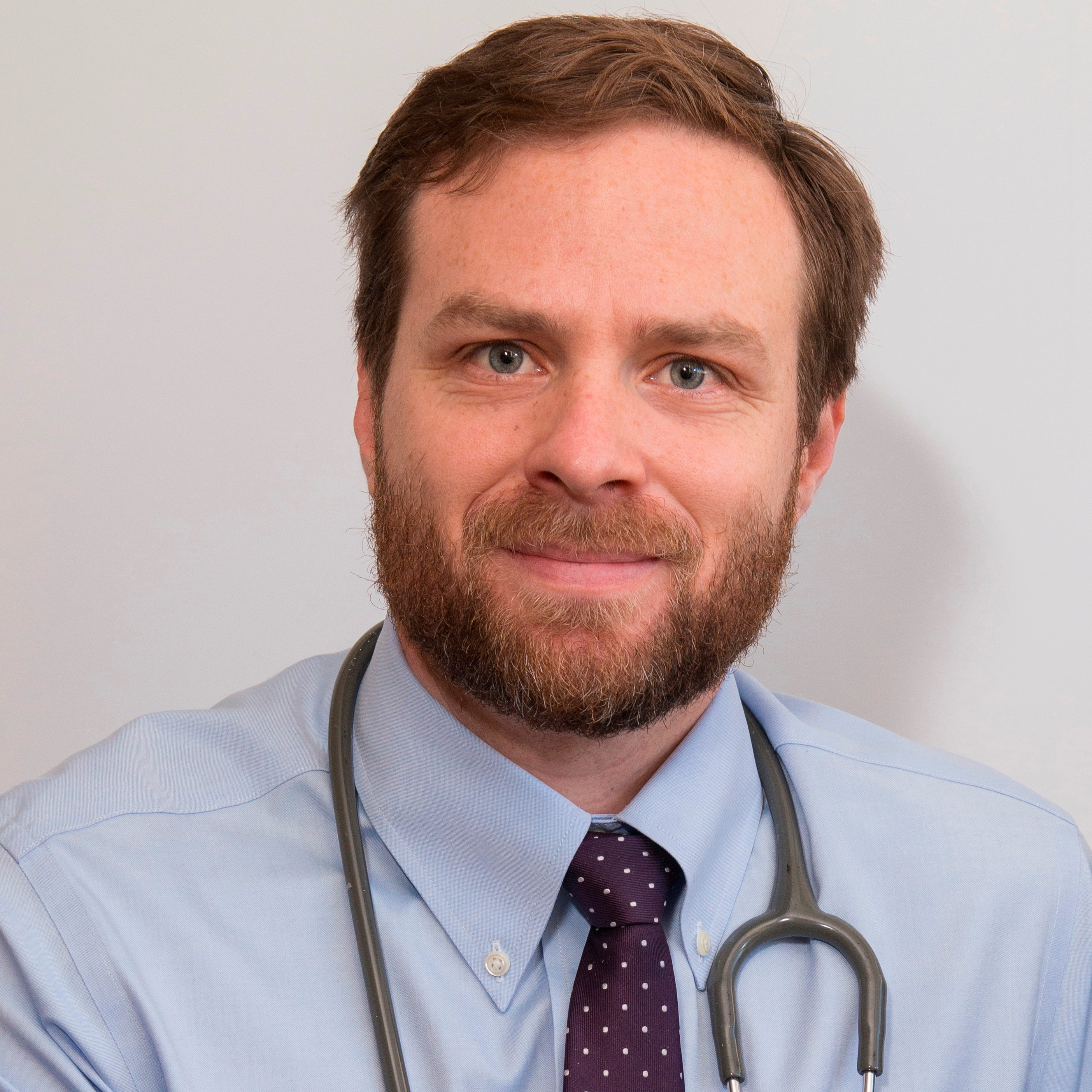

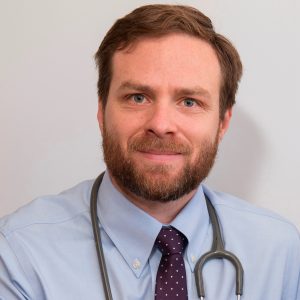
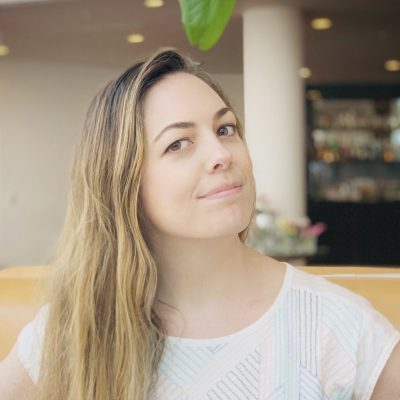




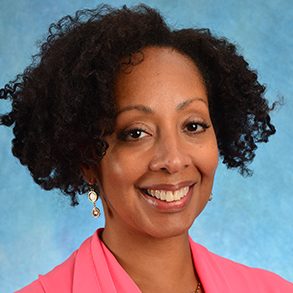
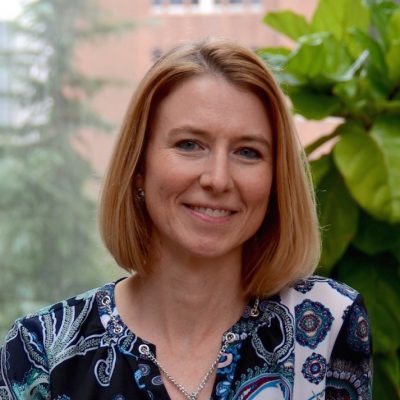
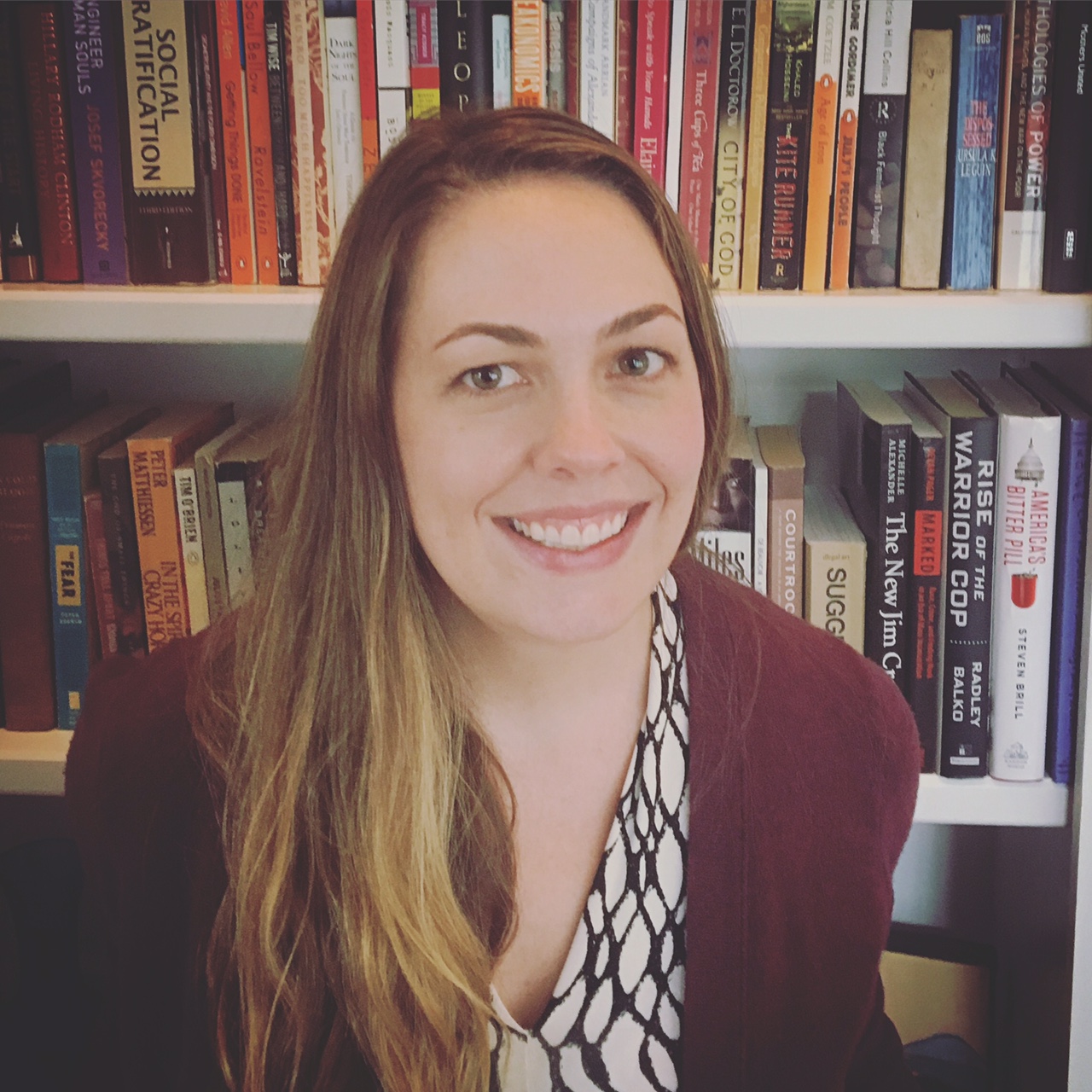
 Congratulations to the final 2017 (traditional) Developmental Awardee of
Congratulations to the final 2017 (traditional) Developmental Awardee of 

